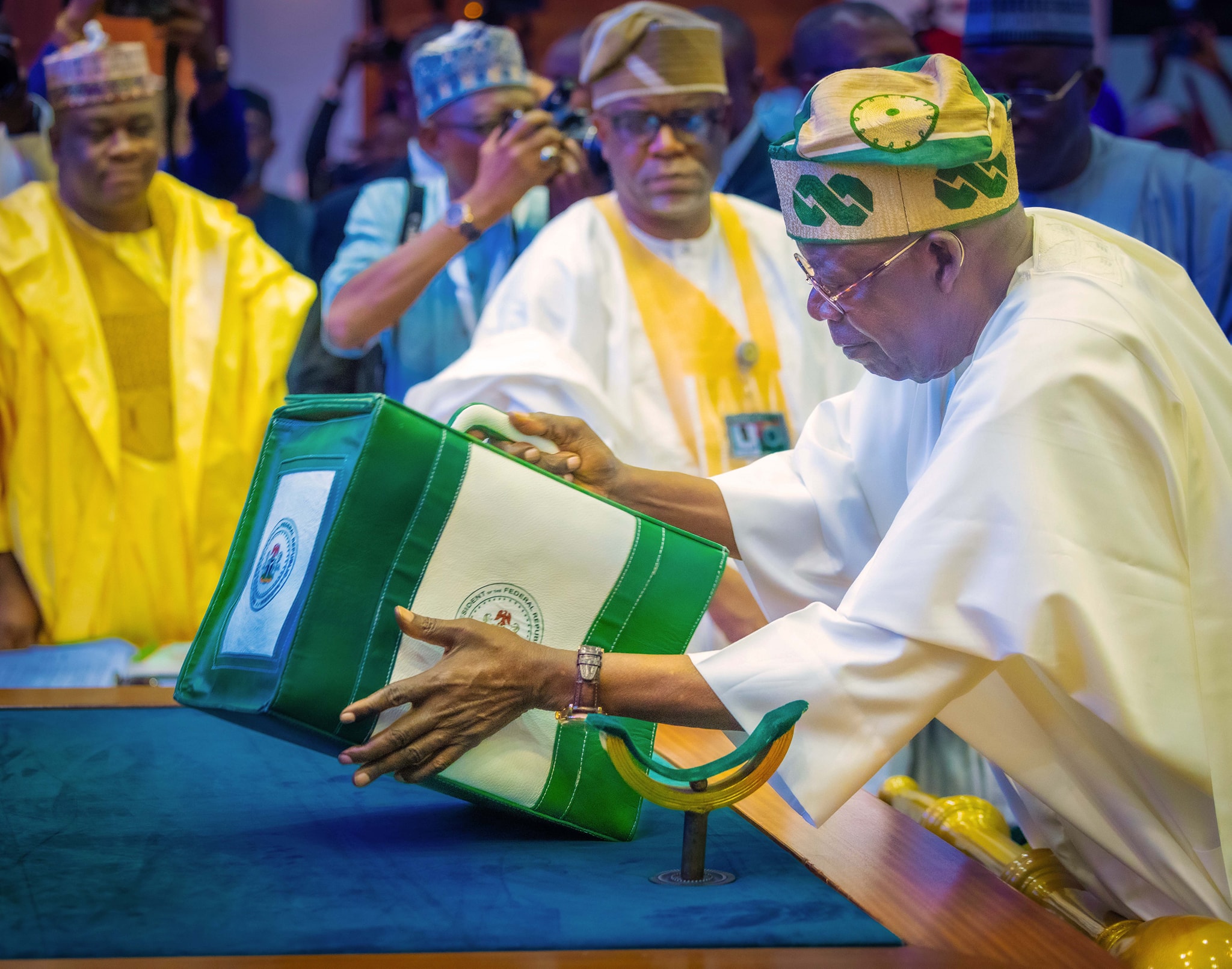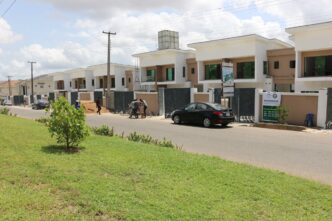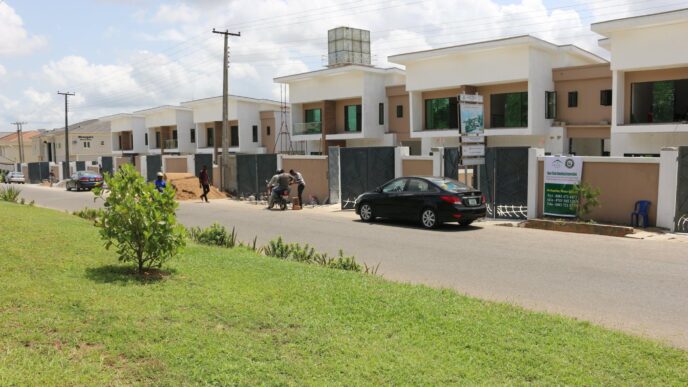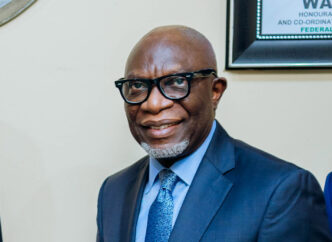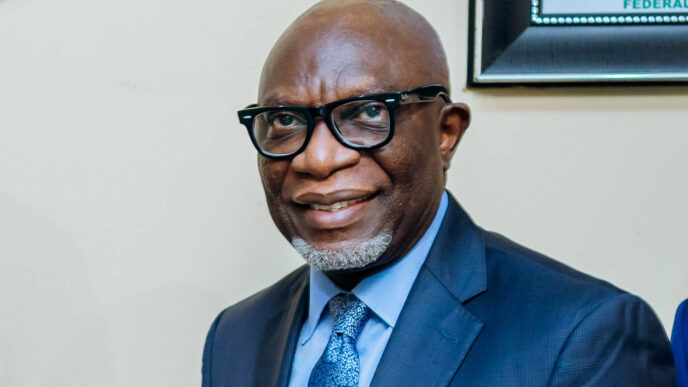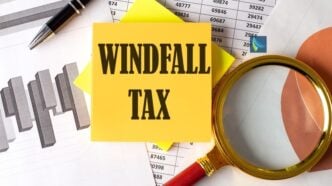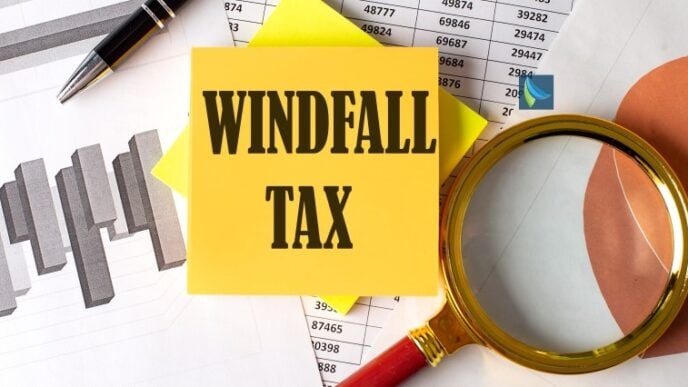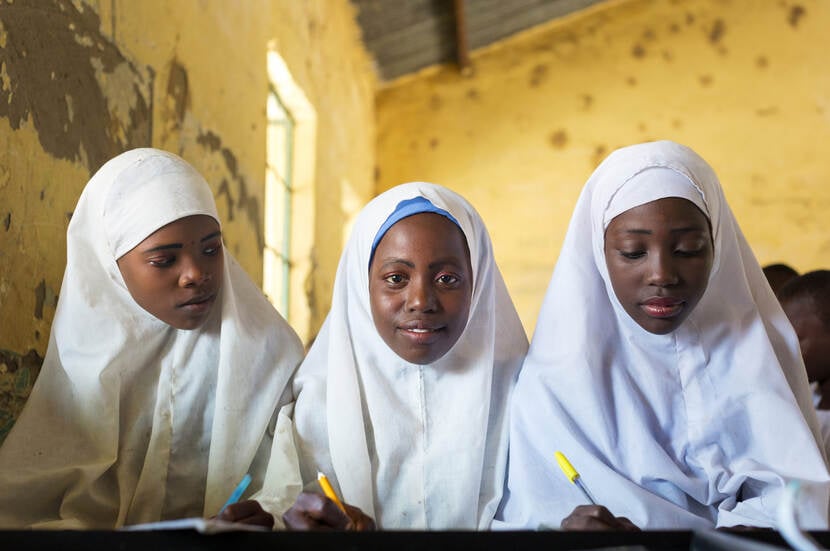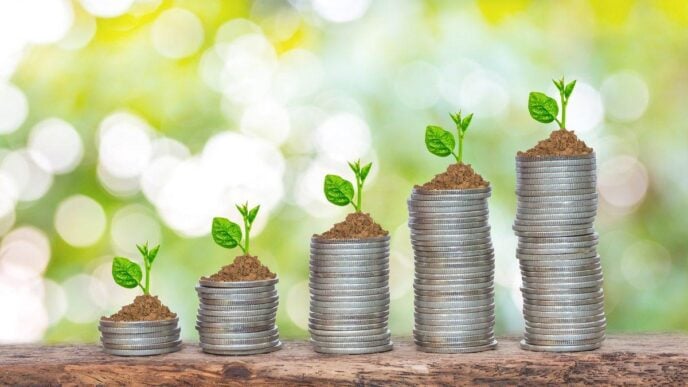BY EYITAYO O. ANDE
In the wake of the electioneering campaign towards the 2023 presidential election, I shared my thoughts with a few close friends that I do not envy whoever would eventually occupy the seat of government after the election, because it was palpable from available financial and economic data that the country was in a frightful silhouette. Clearly, my position was that having the technical capabilities or capacity, or even the pedigree by the eventual winner, would not just be sufficient to take Nigeria out of the quagmire of economic hopelessness, turn things around and usher the country into a new dawn of prosperity and economic development, but such a leader must have the political will and preparedness at the onset to stem the ugly tides of corruption and the lack of respect for the rule of law that have permeated our system for many years.
My standpoint was further accentuated by someone I am honoured to call my senior friend, an icon in the academia, and a lawyer, Prof. Babafemi Badejo, a Professor of Political Science and International Relations, who rightly pointed out in one of his lectures that, “The corruption in Nigeria has transcended beyond the endemic level as it has now assumed what can be justifiably described as pandemic, and the concerted efforts all the tiers and levels of government, and the entire Nigerian citizens put together to combat the Covid-19 pandemic must be deplored to annihilate the dragon called corruption pandemic which is threatening the project called Nigeria.”
While I do not subscribe in any way to the vicious destruction of properties across the country by the protesters and the reported cases of killings by the security agencies, the perceived docility of the current government to address these issues is culminating in these unrests which are completely needless, had the people seen the genuineness from our policymakers in government to tackle the ‘cancers’ that have aggressively eaten deep into the fabric of the system. Some of the horrid events of the #EndBadGovernance protests of the last few days, though regrettable, are reactions from the citizens who wished our political leaders listened with open hearts and not dismissive ears.
Advertisement
These incidents have caused me to ponder diagnostically about the myriad of drawbacks our country faces in real-time, especially economically.
Though exceptionally talented and skillful, it has become increasingly impossible for a majority of these youths to feed just once a day. The ‘Nigerian dream’ many of our past and present political leaders had the opportunity to experience and live many decades ago is a mirage for these youths. A key proportion of these young citizens that should drive the economic rehabilitation of this country are jobless and wallowing in abject poverty and deprivation, the kind that has never been experienced before.
Sadly, many countries, even the most developed ones, are cashing in on the inefficiency of our government to employ what I call ‘Immigration Diplomacy’ to devise all sorts of immigration policies just to poach Nigeria’s highly industrious and assiduous youthful population with one agenda in mind: use them to achieve their economic mandates and sustain their robust economies needed to overtly or clandestinely continue their imperialistic tendencies.
Advertisement
During his public broadcast to the nation on the #EndBadGovernance protests, Mr. President stated that the country’s aggregate government revenues have more than doubled, hitting 9.1 trillion naira in the first half of 2024. With the floating of the naira which dropped our economy to the fourth biggest in Africa at $252.74 billion USD (406.7 trillion naira @CBN rate of N1609/$), it simply means that with the nation’s 9.1 trillion naira aggregate government revenues, our Revenue to GDP ratio is a measly 2.24 per cent.
Very concerning is the fact that the country’s Tax to GDP ratio will be much less. This is nevertheless not in tandem with the statement by the Honourable Minister of Finance, Mr. Wale Edun, who said, “the Tax to GDP ratio of Nigeria is now at 10 per cent” – meaning that aggregate tax revenues are $25.2 billion USD (40.6 trillion naira). There is no doubt that the country is performing dreadfully in our tax revenues, the reason why public debts are rising and our total expenditure for 2024 is just 35 trillion naira ($21.7 billion USD – 8.6 per cent of GDP) for a population of about 230 million people.
Curiously, how can Nigeria compete favourably with her peers in Africa, invest in key sectors of the economy to build infrastructure to generate economic activities needed to create jobs and improve the lives of ordinary Nigerians, continue to maintain a hegemonic stance in Africa, et al, with a total annual spending as grossly low as this? Lucidly, an efficient tax system not only ensures that all transactions – personal and corporate, are captured in the tax net but guarantees the consistent and timely fulfilment of tax obligations.
Imagine the country having an efficient and completely automated tax system with modern technologies to drive tax collections at all levels of government especially at the state and local government levels where it is widely reported of the preponderance use of unorthodox means to collect tax revenues like the use of ‘Agberos’ and where unfortunately, a massive chunk of the collections end up in private pockets, Nigeria would be able to conveniently step up her Tax to GDP ratio to an average of 25 per cent.
Advertisement
This means just from tax revenues, $63.2 billion USD (102 trillion naira) will accrue to the federation account with our current size of economy. With the addition of revenues coming from other sources like the revenue-generating agencies, oil proceeds, et al, the nation will conveniently be able to spend three and a half times what is currently appropriated for and spend about ten times what is budgeted for capital expenditure for 2024.
At a lecture titled ‘Volcanic Explosion of an uncommon Agenda for Development’ to mark the Senate President, Dr. Godswill Akpabio’s birthday last year, the highly respected legal luminary, Dr. Olisa Agbakoba, SAN, former President of Nigeria Bar Association, and human rights activist, centred essentially on governance and revenue generation. One of his key suggestions to the representatives of the Executive arm of government led by Tinubu at the lecture was what he termed ‘Taking Advantage of Ministry of Finance Incorporated’.
He queried how a country of more than 200 million people can have what he dubbed “our so-called nonsense budget of 27 trillion naira” and admonished that the total yearly appropriation act should not be less than 100 trillion naira. His avowal cannot be truer, especially when you reflect that South Africa with an economy of $373 billion USD and a Tax to GDP ratio of 27 per cent, is spending a total of $135 billion USD in 2024 (36.2 per cent of GDP) on a population of just 60 million. Interestingly, South Africa’s 2024 total spend is six times that of Nigeria, meanwhile, its population is merely about one-fourth of Nigeria’s. Furthermore, in South Africa, the GDP per capital, which measures the prosperity of any nation is $6,217 USD while Nigeria is gloomily at $109 USD.
Turning the nation’s focus away from natural resources, especially oil and gas, to non-natural sources for the bulk of the country’s budgetary revenues, is now very crucially vital, with several events unfolding on the global political stage. For example, the current political proceedings in the strongest and most influential country on planet Earth, the US, which could result in either the left or the right occupying the White House in January 2025, may have far-reaching effects on the Nigerian economy. Political and economic experts do not expect a radical policy change from the Joe Biden presidency should the left win on November 5th, but that cannot be said if the right wins, especially concerning energy policy where the US energy independence and dominance may again feature prominently on the front burner of international politics. This has a titanic repercussion for Nigeria’s oil exports as a possible collapse in the price of crude oil in the international market due to probable supply glut is likely. Nigeria’s over-reliance on revenues from crude oil, will unmistakably drop the country’s revenue portfolio, since it is assessed that about 70 per cent and 75 per cent of the country’s budgetary revenues and foreign exchange source respectively come from the oil and gas sector.
Advertisement
In conclusion, for Nigeria to widen revenue sources and grow budgetary revenues exponentially, the issue of ‘corruption pandemic’ must be tackled headlong by the government with all the seriousness it deserves. The prominent legal sage and human rights activist, Mr. Femi Falana, SAN, chronicled the prodigious amount of money siphoned from national patrimony, which runs into trillions of naira. These funds, once recovered, can be utilised by the government to build infrastructure in key economic sectors, especially growing the country’s non-oil sector, which will be a precursor to stimulating production and productivity necessary to grow our economy.
Ande, a financial analyst, writes from Lagos
Advertisement
Views expressed by contributors are strictly personal and not of TheCable.
Add a comment
